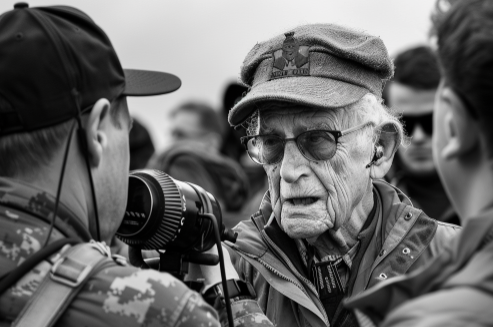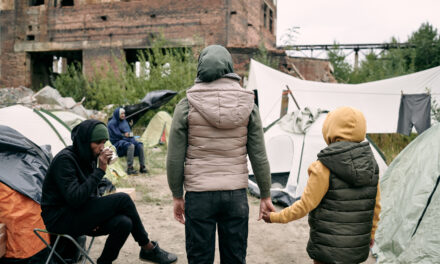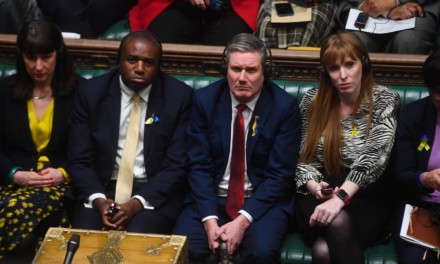A BBC reporter has sparked controversy by criticizing D-Day veterans for their apparent lack of diversity. The remarks have left many scratching their heads and wondering if historical accuracy is now a casualty in the war for woke points.
Covering a solemn D-Day commemoration event, the reporter took to the airwaves to lament the glaring absence of what she deemed essential diversity. “It was all so male, stale, and pale,” she declared with an air of indignation. “Where were the veterans of colour? The queers? It’s 2024, people. We need representation!”
The comments, intended to highlight the importance of inclusivity, instead drew ire from viewers who pointed out that the demographic composition of World War II veterans is a reflection of the times in which they served, not a contemporary diversity audit.
“Does she expect us to retroactively diversify the ranks of the 1940s military?” quipped one incredulous historian. “Last time I checked, history doesn’t work that way.”
The backlash was swift, with social media users and pundits alike expressing frustration over the apparent disconnect between the reporter’s modern-day diversity expectations and the historical context of D-Day.
“Next she’ll be asking why the Magna Carta didn’t have more gender-neutral language,” joked a Twitter user.
Despite the criticism, the BBC reporter doubled down, insisting that recognizing diversity in all forms of commemoration is essential for progress. “We must challenge the status quo,” she asserted. “Even if it means reinterpreting historical events through a modern lens.”
As the dust settles, the incident serves as a poignant reminder of the ongoing clash between historical realities and contemporary values. While the call for greater inclusivity is undoubtedly important, it seems even the lessons of history are not immune to the ever-evolving standards of the present.
For now, it remains to be seen whether the push for diversity will lead to a more nuanced understanding of history or if it will simply become another battleground in the culture wars.
















